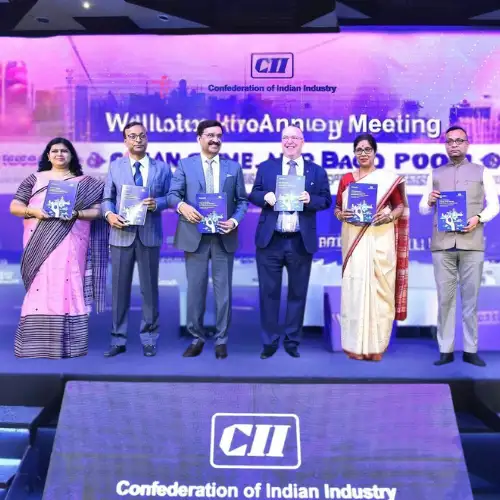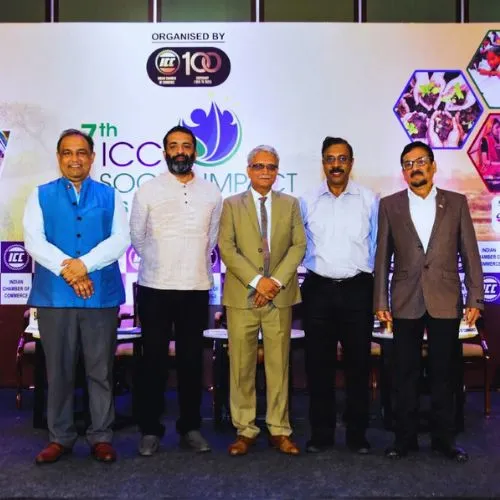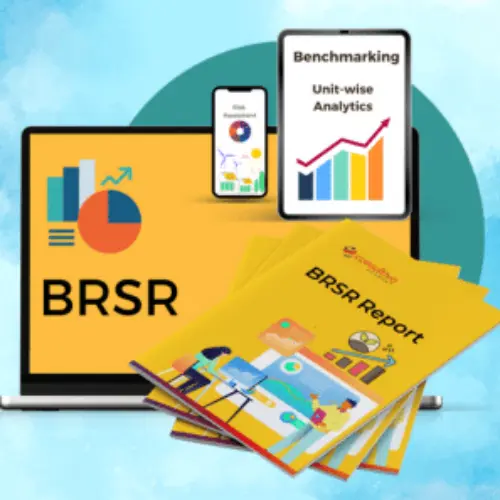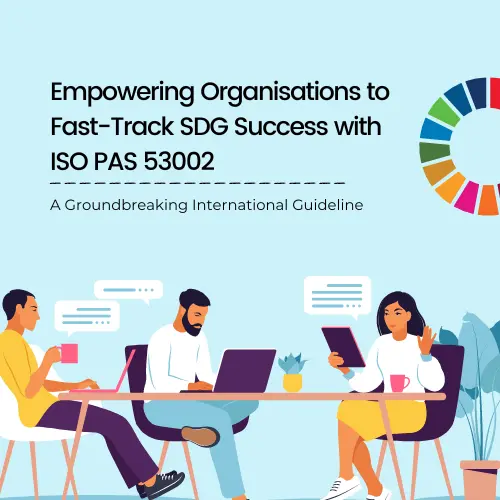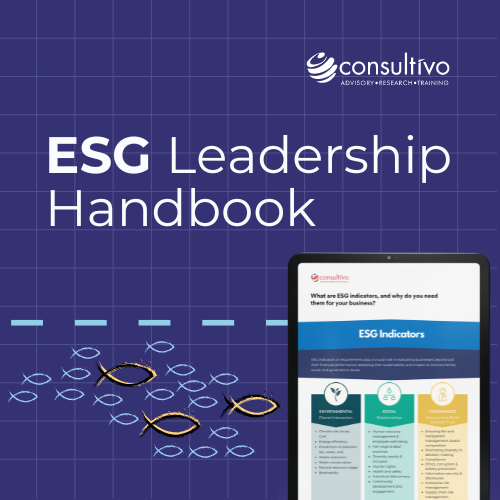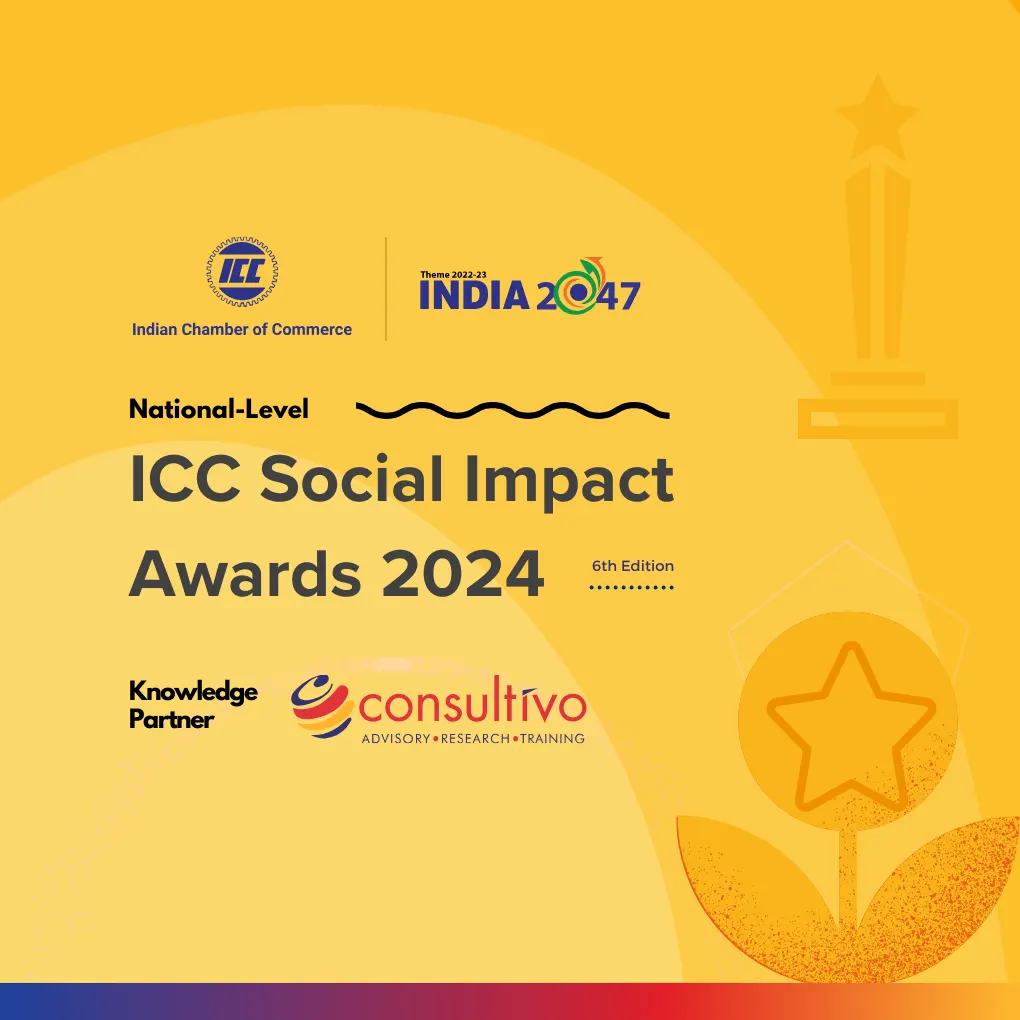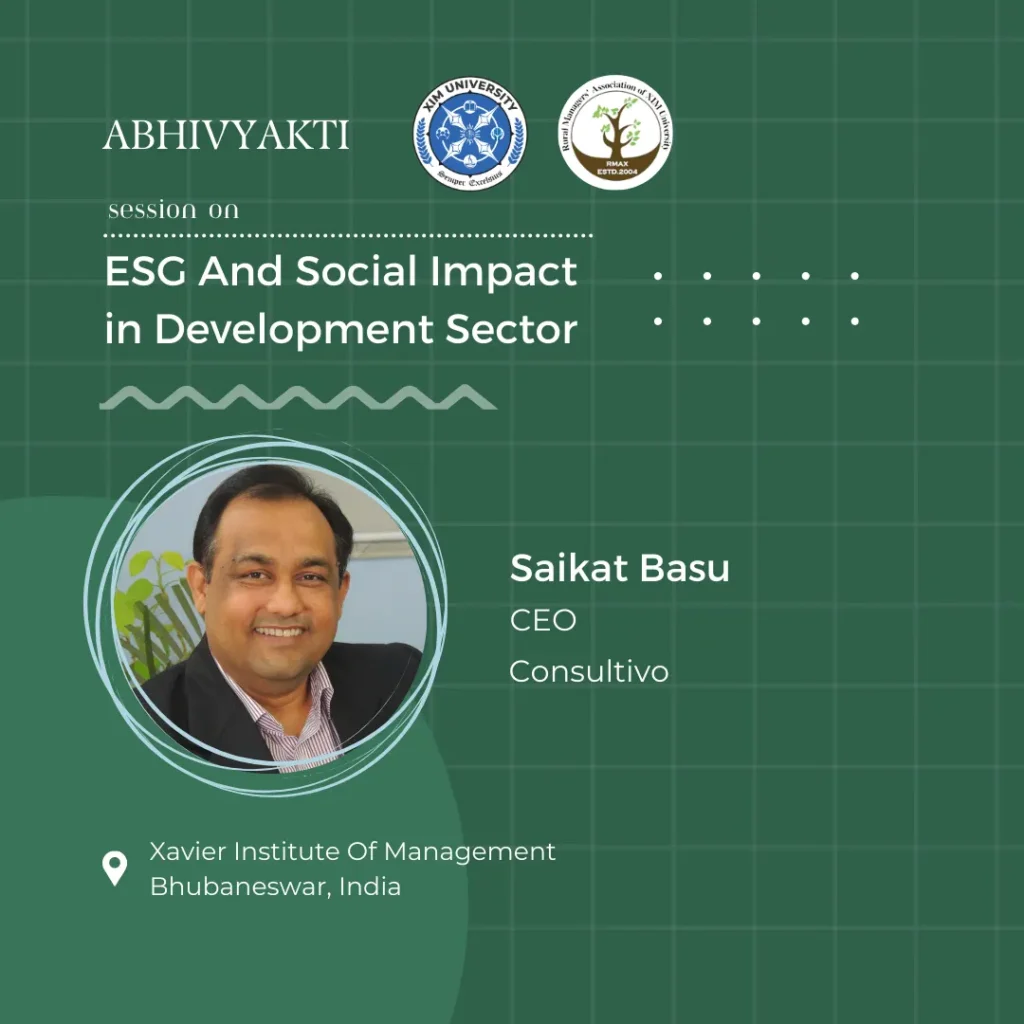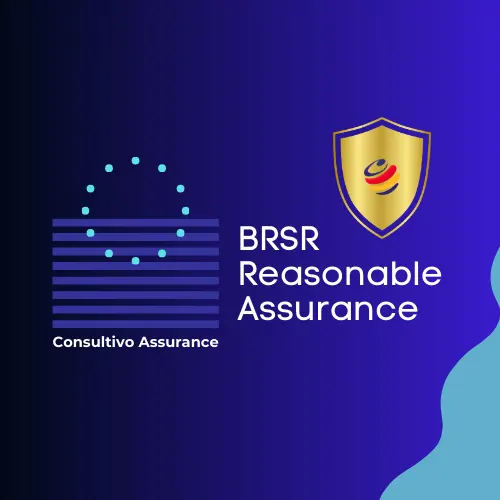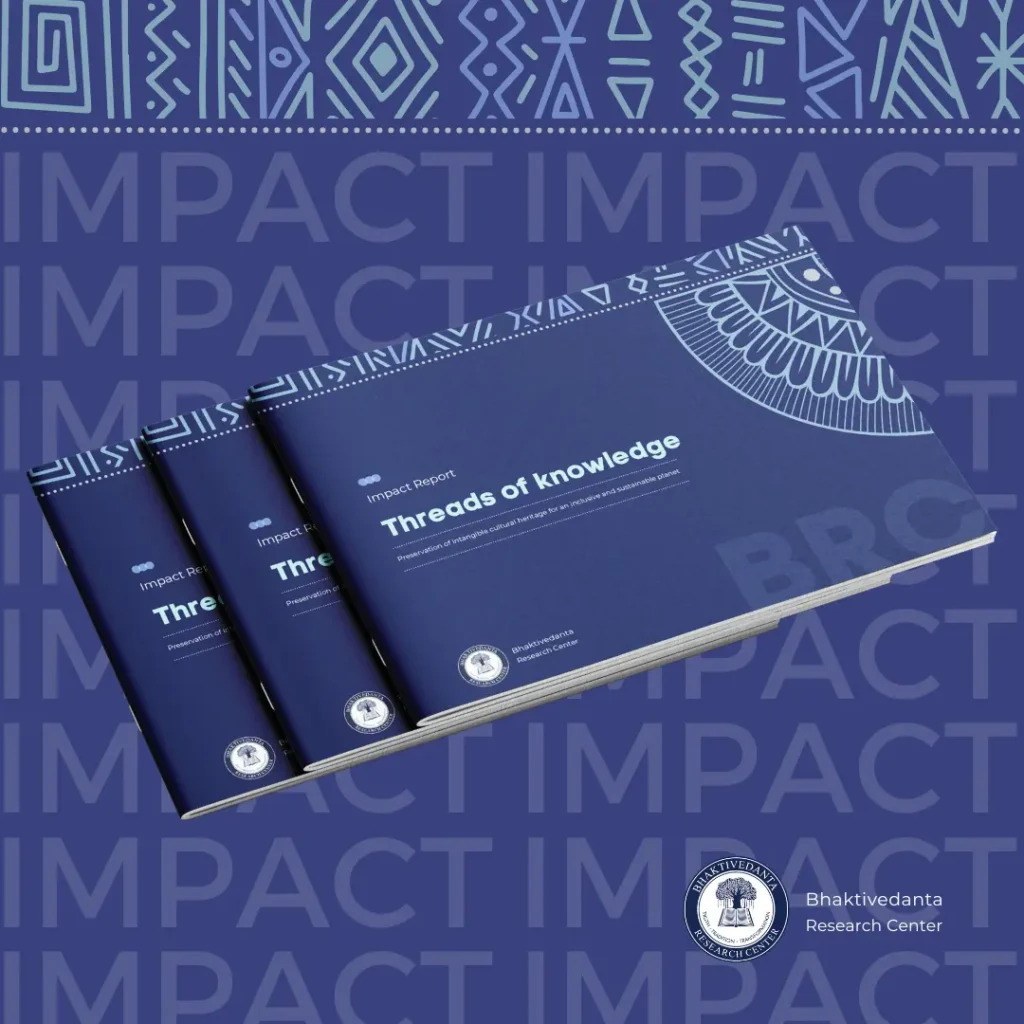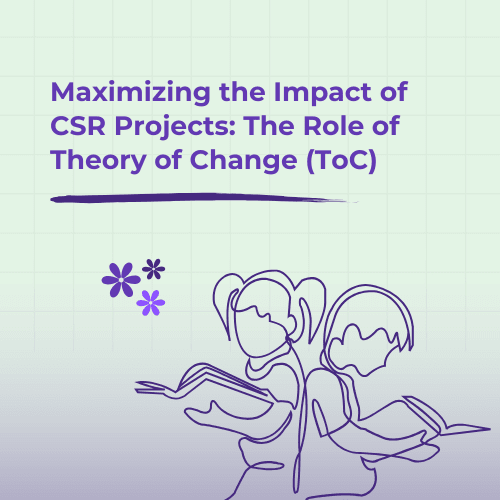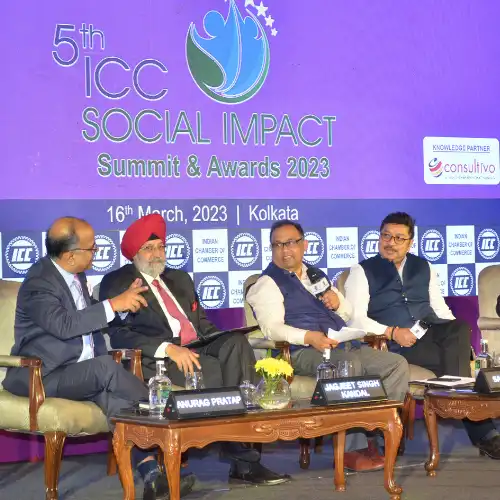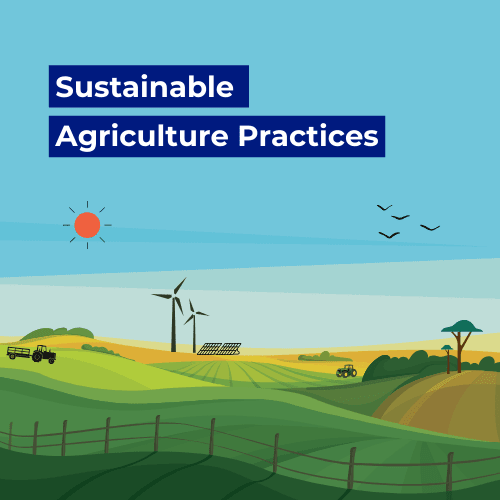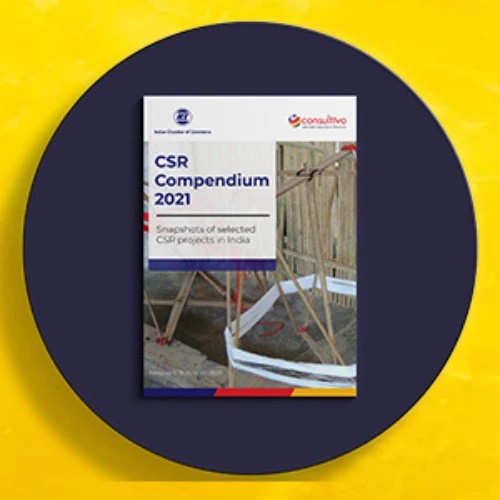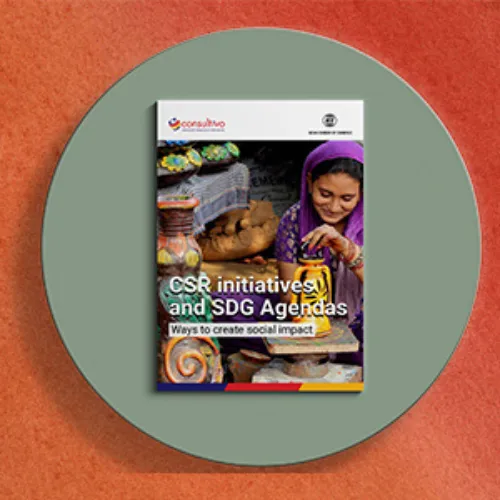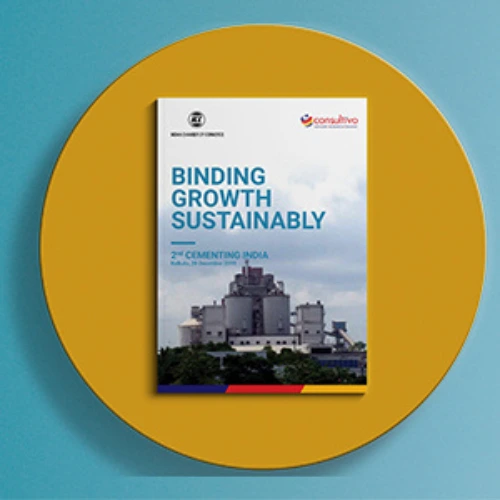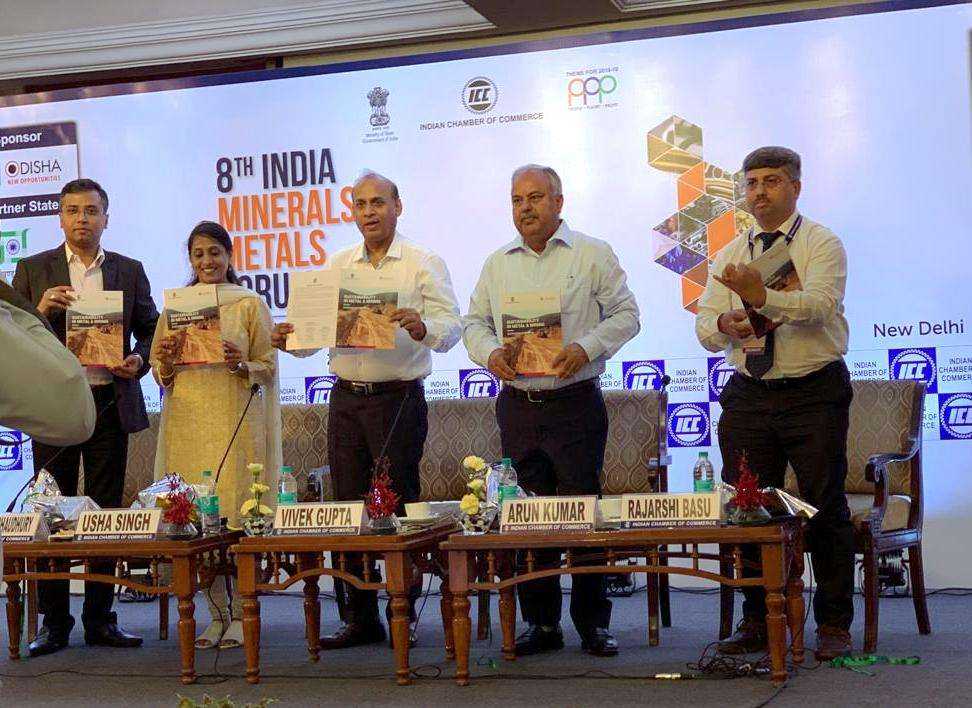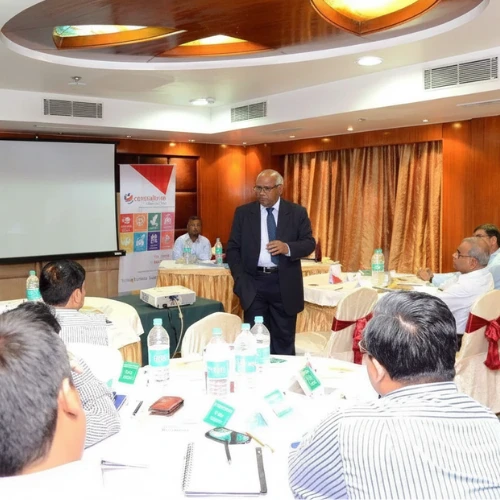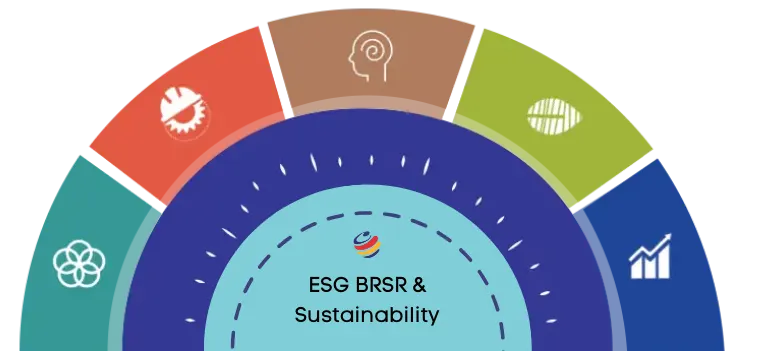
A paradigm shift in corporate responsibility
Social value is at the heart of India’s CSR transformation. Go beyond compliance to create lasting impact through strategy, assessment, and innovation.
In today’s rapidly changing world, businesses are expected to do more than just make profits. They are expected to contribute to society, address pressing social issues, and help create a more sustainable future.
This expectation has led to a growing emphasis on social value, especially in countries like India where Corporate Social Responsibility (CSR) is legally mandated for a certain range of companies.
What you will find here
India stands out on the global map with its unique approach to CSR, introduced through the Companies Act, 2013. The law mandates certain companies to invest in social initiatives, going beyond traditional philanthropy.
Instead of just spending money on charity, businesses are now expected to create real, lasting impact. They are expected to measure outcomes and prove that their efforts lead to meaningful change.
This article explores what social value means, how it can be measured, and how businesses in India can align their CSR strategies to maximise it. We will also look at Consultivo’s role in helping companies navigate this shift and unlock the full potential of their CSR initiatives.
What is social value?
A broader definition of value
Social value refers to the positive impact created by an organisation’s actions on individuals, communities, and the environment. It goes beyond financial profits and looks at improvements in quality of life, access to education, healthcare, environmental sustainability, and more.
This value can come in many forms:
- Better health and well-being
- More educational opportunities
- Economic empowerment for marginalised groups
- Cleaner and safer environments
- Stronger communities
Unlike conventional metrics such as revenue or market share, social value considers holistic change – what changes in real people’s lives as a result of corporate actions.
In India, the CSR law has made this concept central to business operations. It is no longer about donations or one-off projects. It is about creating measurable social outcomes that improve lives and communities.
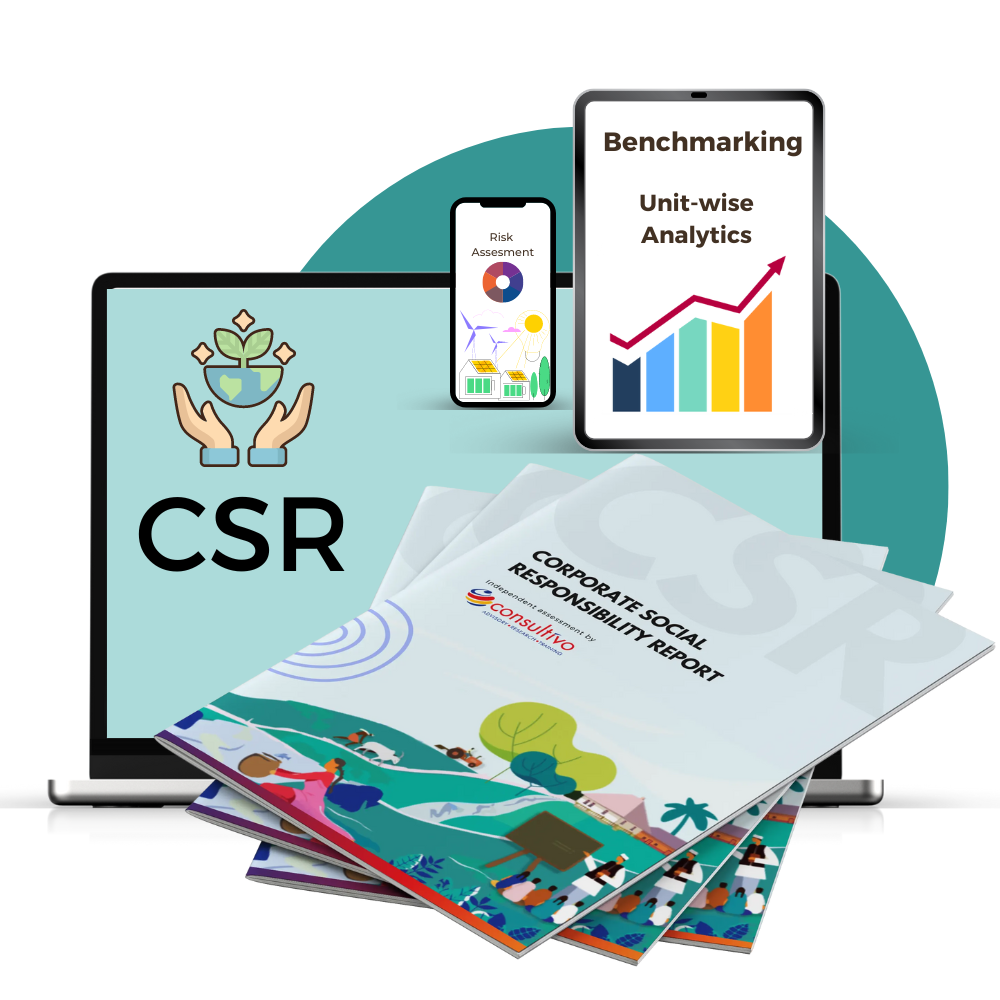
CSR in India: A legal push towards social value
The Companies Act, 2013 – driving purpose
India became the first country in the world to legally mandate CSR spending. According to the Companies Act, 2013, companies with:
- A net worth of ₹500 crore or more, or
- A turnover of ₹1,000 crore or more, or
- A net profit of ₹5 crore or more,
must spend at least 2% of their average net profits of the last three years on CSR activities.
This mandate encourages businesses to be more socially responsible. But more importantly, it sets the stage for companies to strategically invest in creating social value – not just to meet compliance but to make a lasting difference.
Measuring what truly matters
Why measurement is crucial
Creating social value is not just about good intentions. Companies must measure whether their CSR initiatives are actually delivering results. Without proper measurement, it’s difficult to know if a project is truly making an impact.
This is where tools like CSR impact assessment, SROI (Social Return on Investment), and theory of change come into play. They help businesses assess, quantify, and improve the impact of CSR activities.
Let’s look at these tools in detail.
CSR impact assessment: Evaluating real-world outcomes
A well-executed CSR impact assessment examines how a project has affected its target group. It explores questions like:
- Has the project improved livelihoods?
- Are children getting better access to education?
- Is the community more resilient?
It involves both qualitative and quantitative data to provide a clear picture of the outcomes.

Methods used in impact assessment
- Surveys and questionnaires: Collect measurable data from beneficiaries
- Interviews: Understand personal stories and changes
- Focus group discussions: Learn about community-wide perspectives
- Control groups: Compare results with groups not exposed to the CSR intervention
Conducting such assessments helps companies ensure that their investments are not just ticking a compliance box but delivering real impact.
SROI: Measuring social return on investment
While impact assessments measure change, SROI goes a step further. It quantifies the social outcomes in monetary terms.
For example:
- A project that improves women’s health may reduce healthcare costs
- A skill development programme may increase household incomes
- Clean energy installations may reduce emissions and electricity bills
Why use SROI?
- It offers a common language (money) to express diverse outcomes
- Helps in comparing different CSR projects
- Supports decision-making and strategic planning
- Strengthens reporting to stakeholders and investors
At Consultivo, we use globally accepted SROI methods to help companies understand and maximise the social return on their CSR investments.
Discover more about how we apply SROI in practice.
Theory of change: Planning with purpose
Before jumping into execution, it’s important to have a clear roadmap. That’s where the theory of change comes in.
It’s a strategic framework that:
- Identifies the problem
- Maps out desired outcomes
- Connects actions to results
- Sets indicators to measure success
This approach ensures that CSR projects are designed with a clear logic model or log frame approach, focusing on long-term, sustainable outcomes – not just outputs.
Baseline assessments and need assessments
For any project to succeed, you must understand where the community stands today and what they truly need.
A baseline assessment or community needs assessment captures the current status before a project begins. It acts as a reference point for future comparisons.
A need assessment identifies the most pressing problems faced by the community. It ensures that CSR funds are directed towards solving real challenges.
By conducting these assessments, businesses can design projects that are:
- Relevant to community needs
- Efficient in resource use
- Effective in driving positive change
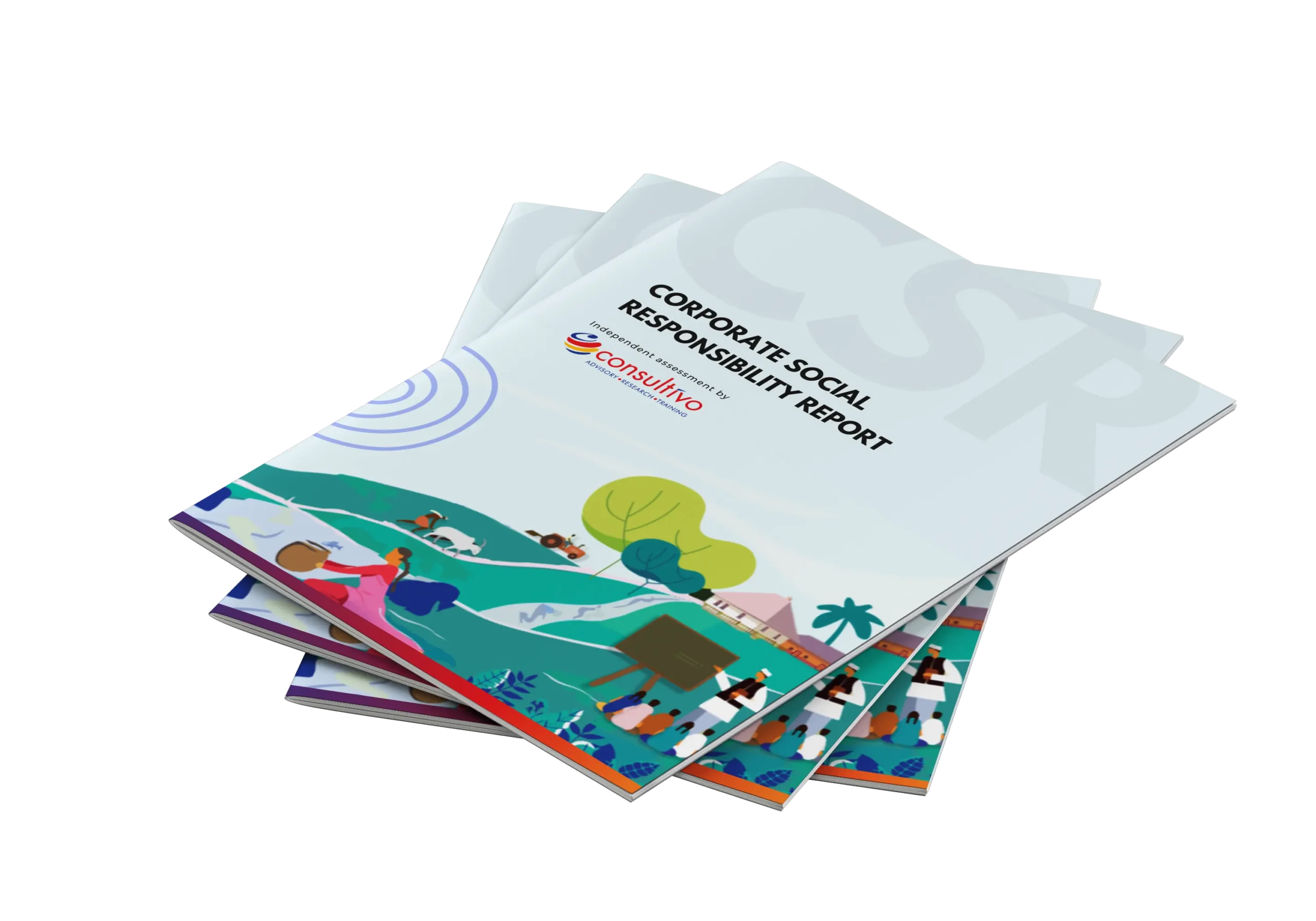
Explore Consultivo’s development projects
Consultivo’s role: Your partner in social value creation
Consultivo is a trusted name in the world of CSR consulting services. We work with leading Indian and global companies to make their CSR projects more strategic, impactful, and measurable.
Our core services
1. CSR strategy & planning
We help you align your CSR goals with business objectives. This includes:
- Annual planning
- Budget allocation
- KPI setting
2. Workshops on social change
Our signature programme, “Social Change – Theories & Practices”, trains cross-functional teams to:
- Understand development models
- Align CSR with social development goals
- Build consensus on strategy
3. Baseline & need assessments
Our research team conducts field studies and stakeholder interviews to understand community needs deeply, their present status and support you to design appropriate interventions.
We provide complete evaluation services – from data collection to reporting – using tools like:
- Human Development Index (HDI)
- Quality of Life Index
- SROI analysis
5. NGO assessment & partnership strategy
We help identify and evaluate credible NGOs for partnerships. Our due diligence process ensures:
- Effective fund utilisation
- Transparent reporting
- Project delivery capability
All these services are aimed at helping you create maximum social value, not just fulfil CSR requirements.
Why social value matters more than ever
In today’s competitive environment, creating social value is not just a nice-to-have. It is a strategic advantage.
Key benefits of focusing on social value
- Brand reputation: Companies known for responsible practices earn customer trust and loyalty.
- Investor confidence: ESG and impact investors look for measurable social performance.
- Employee engagement: Workers feel proud and motivated when they see their company making a difference.
- Community goodwill: Stronger relationships with local communities mean fewer disruptions and more support.
- Risk management: Socially sensitive businesses are better at managing regulatory, social, and reputational risks.
Ultimately, a business thrives in a healthy, prosperous society. Investing in social value is also an investment in long-term business success.
From compliance to commitment: A new era for Indian business
The Companies Act, 2013, has transformed CSR in India. What was once voluntary is now a strategic responsibility. But instead of viewing this as a burden, forward-thinking companies see it as an opportunity.
They are shifting from:
- Charity to strategy
- Spending to investing
- Reporting to measuring
This shift is key to creating enduring social value that benefits both people and the planet, while also strengthening the business.
Explore more about Corporate Social Responsibility
Social value is smart business
Social value is no longer a soft concept. It is a hard metric that smart businesses use to drive growth, attract talent, build trust, and make a difference.
By adopting tools like impact assessment of CSR projects, SROI, baseline assessments, and need assessments, and by applying frameworks like the theory of change, Indian businesses can create CSR strategies that are impactful, measurable, and sustainable.
At Consultivo, we believe that when purpose meets planning, great things happen. Let us help you move from compliance to commitment, and from good intentions to real impact.
Whether you are starting your CSR journey or looking to scale your impact, our CSR consulting services can guide your every step of the way.
Let’s build social value, together.

Let's discuss
Share this post
Category: Blog
Tags: CSR, Social & Sustainability
About the author
Director – Sustainable solutions at Consultivo
Madhabi Guha specialises in the domains of ESG, Social Compliance, Business and Human Rights, Development Projects and focuses on supporting go-to-market teams along with customer and partner relationships. She has been working in the sustainability & business excellence advisory business for over 14 years.
Madhabi has been developing individuals, teams, and organisations in the areas of leadership, excellence and Human Factors in the field of sustainability, people and community.
Related insights
View more in Impact Stories | Blogs | Knowledge Bank | News and Events




